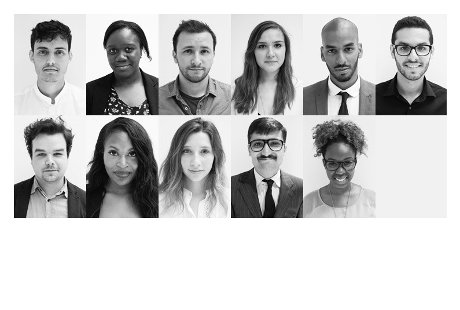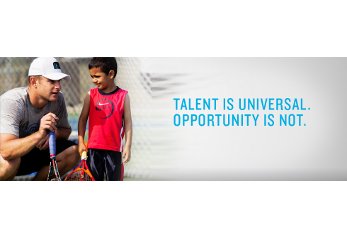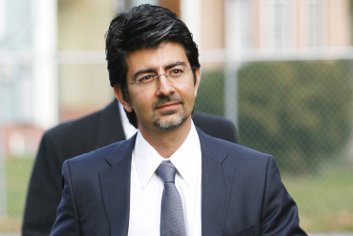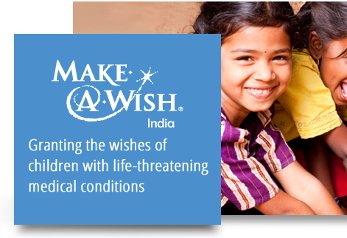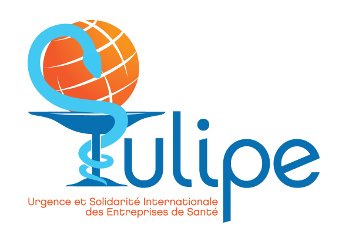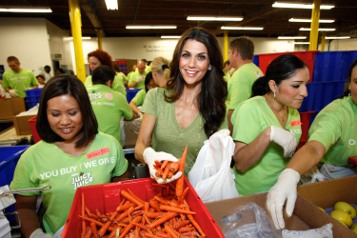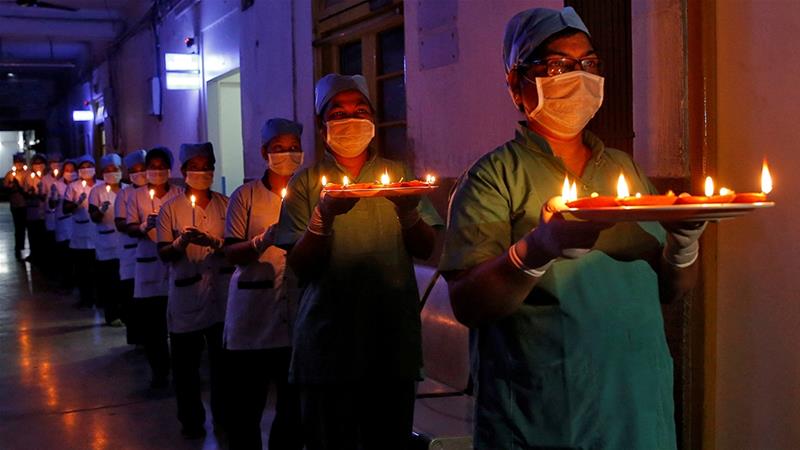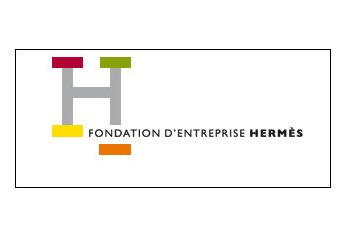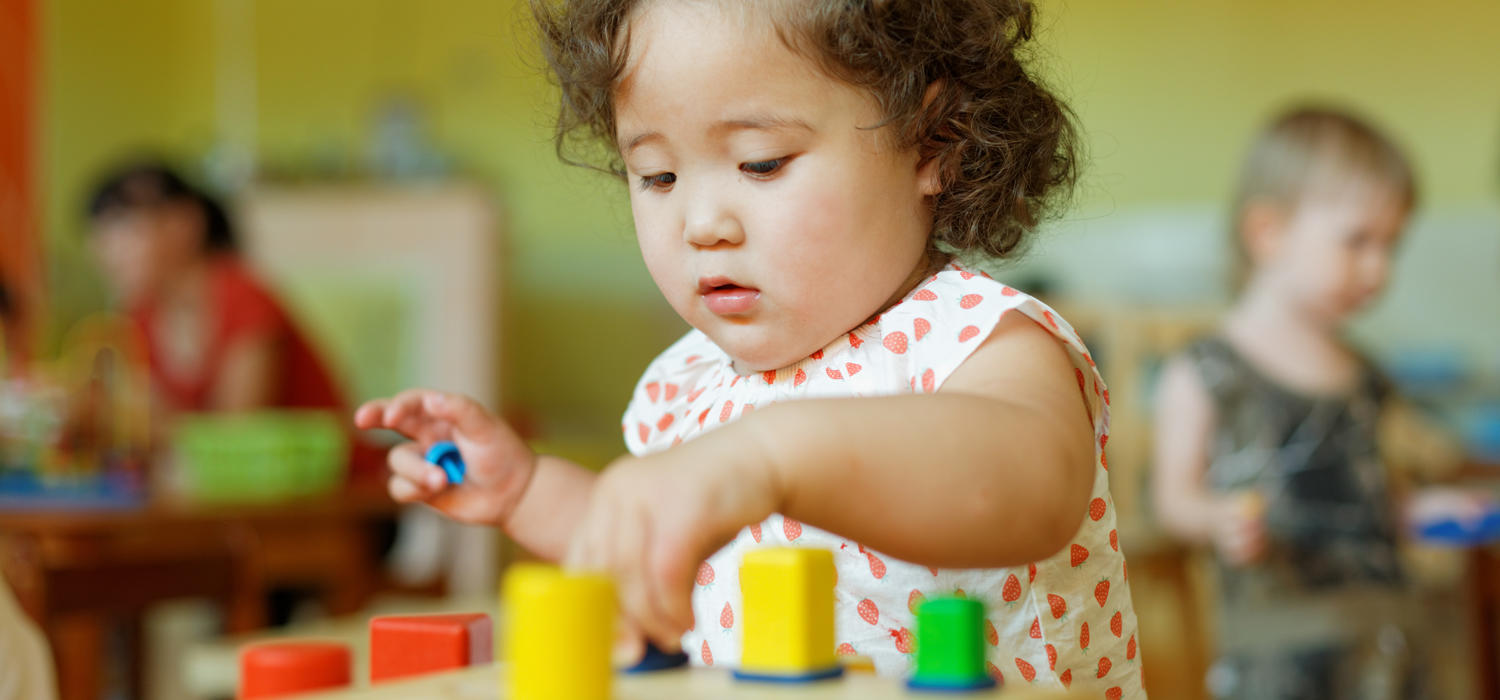
Kemal Shaheen
The Joe Homan Charity believes in the infinite potential of every child and we are deeply committed to working with the most inspiring people and organisations to co-create optimal learning spaces that can unlock this potential. In a world of increasing complexity and uncertainty we recognize that the best learning environments expand children’s horizons, open doors onto new worlds and instill in them the courage and confidence to step into and explore the unknown in imaginative, creative and playful ways.
As Carl Jung knew ‘The creation of something new is not accomplished by the intellect but by the play instinct’. Why is this important? Because we profoundly believe that radically new approaches to schooling and learning are required if the next generation is to find creative solutions to the complex and interconnected challenges of the 21st Century.
For more than 50 years The Joe Homan Charity has pioneered innovative approaches to education for children at the margins. Historically, the majority of our projects have been based in Tamil Nadu, India where we have worked with children at risk of exclusion because they had lost their parents, were living on the streets or living with HIV/AIDS and young people from Dalit (former untouchable) and Tribal communities rejected by some as impure or unclean. Our founder firmly believed that every child, no matter what their background or current situation, has limitless potential.
To unlock that potential calls for access to learning opportunities that are collaborative, entrepreneurial and which not only stimulate the imagination but also encourage critical curiosity. Half a century ago children who had never been to school would listen attentively to the radio that they were gathered around or animatedly discuss their collection of stamps and coins – opening a window onto new ideas and inventions, cultures, currencies and communities from across the planet.
With imagination fired they would then work collaboratively on projects which would help them to find solutions to challenges in their lives and communities. A radio programme on bio-gas or silk worm farming, a stamp depicting a famous inventor and invention was all that it took for children to think differently about meeting the energy needs of their community more cheaply, trying a new farming approach to increase crop yield or generating an alternative source of income for their family.
As we enter 2020 we remain committed to our founding values of Courage, Creativity and Collaboration and these remain at the heart of our child-centred creative learning spaces (called Children’s Hubs) that equip young people with the skills, experiences and personal qualities needed for creative problem solving and leading change in their communities. Film making, art, music, storytelling, photography, social drama and digital literacy have replaced stamp collecting and radio as the creative entry points for working with children but the core belief is the same – children bring fresh minds and new ideas to the toughest problems if their imagination is given wing.
In our Children’s Hubs you will meet inspirational community leaders like artist and Dalit activist Guna. Guna doesn’t just teach children art. Brush in hand, he will quietly begin to paint – silently inviting a curious child to pick up a brush, sit beside him and join in the creative process.
Children, he says, are less encumbered by prejudice and preconception – they are more likely to play with shape and colour in imaginative ways – and this ‘willingness to play’ is profoundly important for creative problem solving. Flipping the traditional relationship between teacher and learner – Guna sees learning as collaborative and co-creative. ‘Everything is my teacher’ he says, ‘a glass of water can teach me something about light if I use my imagination’.
Guna delights in helping children to use art so that they can ‘discover their passion’ early. Something that he was not able to do because there was no one to similarly inspire him as a child struggling to give voice to his creativity. He holds up a brightly coloured and vibrant piece of art that the children have collaborated on in a Children’s Hub recently.
The beautiful looping swirls are Tamil letters – vowels to be precise. Vowels are ‘magic letters’ he tells us – known as ‘soul letters’ because they give life to ‘body letters’ (consonants) – through them words take shape as letters collaborate to carry and convey meaning. ‘Soul letters’ help to unlock the latent potential of words just as Guna uses art to unlock the unique and creative potential of every child.
The Joe Homan Charity has always been a learning organisation – ready and willing to collaborate with the most inspiring and committed people and organisations wherever they are in the world. Recently we have entered into an exciting new strategic partnership with Caplor Horizons (https://www.caplorhorizons.org/) and our Indian partner CEDAR (Centre for Education Development Action and Research) to co-create and prototype tools and approaches that blend the creative talents of CEDAR’s people like Guna with the latest insights from neuroscience which reveal that ‘intelligence, creativity and imagination’ are not limited to the neural pathways that exist in the brain – but need to be understood more deeply by appreciating the neural networks and corresponding ‘intelligences’ that are located in ‘heart’ and ‘gut’.
To ‘un-lock potential’ and enable children to collaborate on creative solutions to complex problems it is not sufficient to ‘pump children’s minds full of knowledge and treat them as empty vessels to be filled with information’ – the dominant educational paradigm of the 20th Century. We are currently exploring, testing and refining innovative learning spaces where children feel safe, connected and able to tap into, and work with, these multiple intelligences in a way that will help them to unlock their infinite potential.
If you would like to find out more or are interested in working with us please get in touch with Dr Kemal Shaheen ([email protected])
Kemal Shaheen is Director at Paper Boat

